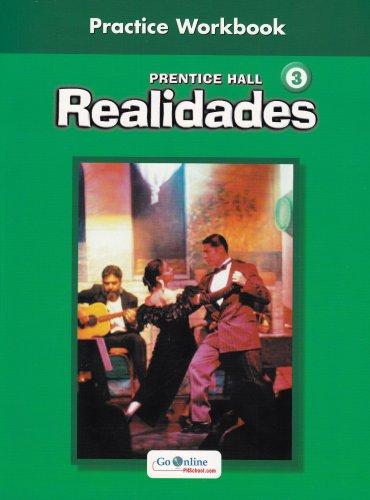
All Solutions
Page 144: 10-12
Conducir ( to drive)
Hubieras conducido/ You had driven
Detener (to detain)
Habría detenido ( would have stopped you)
Si no hubieras conducido tan rápidamente, la policía no te habría detenido./ If you hadn’t driven so fast, the police wouldn’t have stopped you.
-Dejar ( to leave)
Él hubiera dejado / He would have left
The next verb agrees with the subject “El carro”
-Desaparecerse ( to disappear)
Se habría desaparecido / Would have disappeared
Si Pedro no hubiera dejado abierta la puerta de su coche, su coche no habría desaparecido. / If Pedro hadn’t left his car door open, his car would not have disappeared.
-Haber (to be)
Hubiera habido / There would have been
The next verb agrees with the subject “Nosotros”
-Comprender (to understand)
Habríamos comprendido / We would have understood
Si hubiera habido traductores, habríamos comprendido la conferencia./ If there had been translators, we would have understood the conference.
-Conocer (to know)
Hubieran conocido / They would have known
-Poder (to be able)
Habrían podido / Would have been able to
Si esas personas hubieran conocido sus derechos, habrían podido defenderse. / If these people had known their rights, they would have been able to defend themselves.
-Respetar ( to respect)
Hubieran respetado / They had respected
-Arrestar (to arrest)
Habrían arrestado / They would have arrested
Si hubieran respetado sus derechos, no los habrían arrestado. / If they had respected their rights, they would not have been arrested
-Correr ( to run)
Ella + hubiera corrido / She + had run
-Ganar (to win)
Ella + habría ganado / She + would have won
Si hubiera corrido bien, habría ganado el premio. / If she had run well, he would have won the prize.
ver ( to see)
Él hubiera visto / He had seen
poder (can)
Él habría podido / He could
Si él hubiera visto el accidente, habría podido ser testigo. / If he had seen the accident, he could have been a witness.
-Manejar (to drive)
Hubiera manejado / They had driven
-Tener (to have)
Habría tenido / They would have had
Si hubieran manejado con cuidado, no habrían tenido un accidente. / If they had driven carefully, they would not have had an accident.

